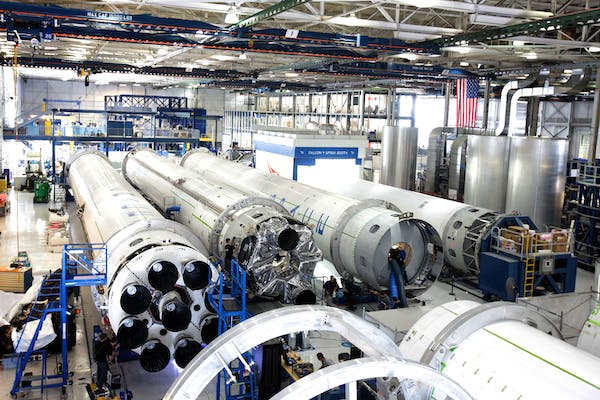Does your job revolve around the use of heavy machinery? Heavy machinery has revolutionized the production industry, allowing companies to output a greater amount of work in less time. However, you need to remain conscious of the humidity levels and how it affects such machinery. Turning a blind eye to mother nature can have disastrous consequences, degrading the quality and overall function of these machines.
Humidity is a metric of measurement for the amount of moisture vapor in the air. There are two primary types of humidity, absolute and relative, the latter of which is used more often. Relative humidity is expressed as a percentage of the amount of moisture vapor in the air to the total amount the air can hold at its current temperature. In other words, an environment with 50% relative humidity is currently holding 50% of its moisture vapor capacity. If the air has a 100% relative humidity, on the other hand, it’s fully saturated and unable to hold additional moisture.
So, how can airborne moisture vapor impact heavy machinery in the workplace? The problem with humid environments is that it tends to saturate surrounding objects (and people) with moisture. When the air is humid, there’s more water floating around, which subsequently means that everything in the near vicinity will also become saturated – including heavy machinery. In some cases this won’t cause any problems, but in others it can damage and degrade the machinery.
You have to remember that most industrial-grade heavy machines are made of – or at least compromised partially of – metal. Conventional wisdom should tell you that water and metal don’t mix. When metal is exposed to moisture, it begins to rust and corrode. Rust is the result of oxidation from the oxygen within the water, and if left untreated can eat through a sheet of metal.
But too little humidity can also prove to be problematic for heavy machinery. Machines often contain lubricant to help the gears and parts move more easily. If there’s minimal moisture vapor in the air, lubricants within the gears will literally evaporate into the air, resulting in metal-on-metal contact. The bottom line is that you need to ensure the workplace in which your heavy machinery is located is not too humid but not too dry.





